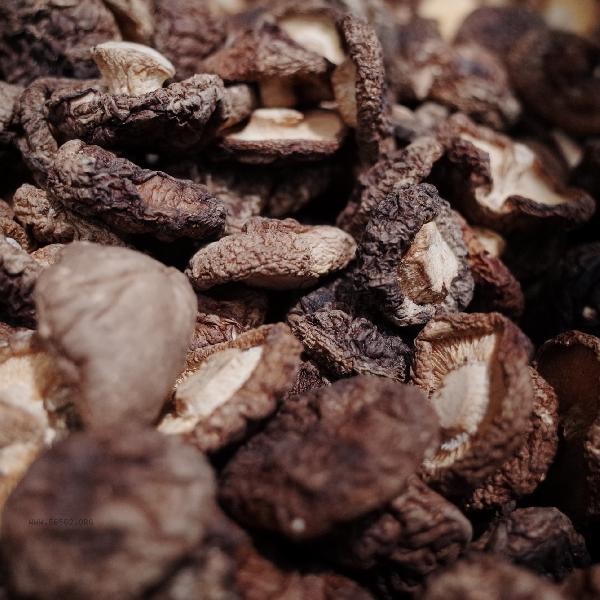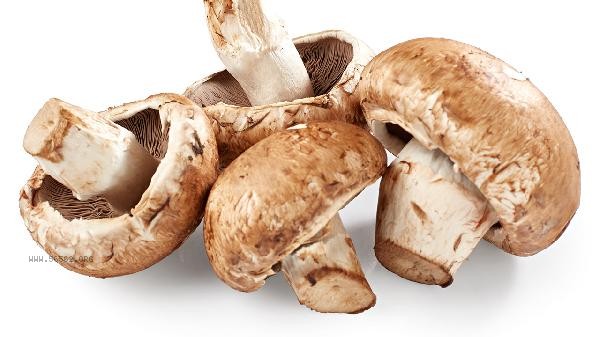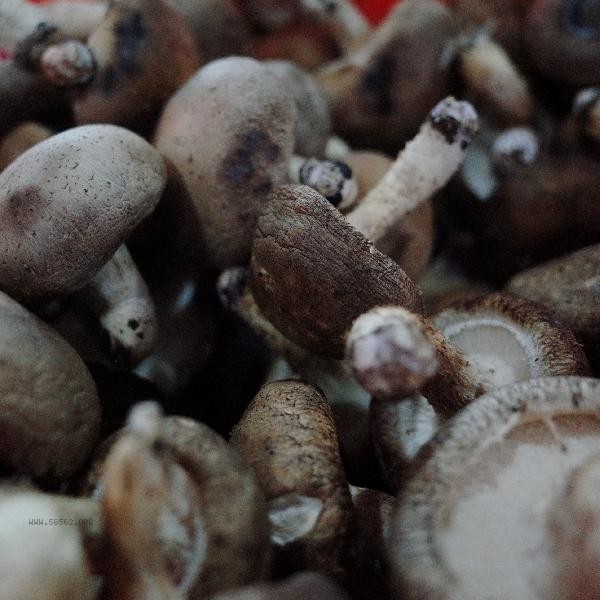Mushrooms are rich in various nutrients, mainly including high-quality protein, dietary fiber, B vitamins, minerals, and mushroom polysaccharides. Mushrooms are a high protein, low-fat edible mushroom with a protein content higher than most vegetables and containing 8 essential amino acids for the human body. Dietary fiber helps promote gastrointestinal peristalsis, B vitamins participate in energy metabolism, minerals such as potassium, phosphorus, and iron play an important role in maintaining physiological functions, and shiitake mushroom polysaccharides have active ingredients that regulate immune function.

1. High quality protein
Mushrooms contain abundant high-quality protein, which is particularly prominent among edible mushrooms and contains all essential amino acids. Proteins are important substances that make up human cells and tissues, participating in the synthesis of enzymes and hormones, and are crucial for maintaining muscle health and immune function. The protein digestion and absorption rate in shiitake mushrooms is relatively high, making it a suitable source of protein supplementation for vegetarians.
2. Dietary Fiber
Mushrooms contain soluble and insoluble dietary fiber, which helps promote gastrointestinal peristalsis and improve digestive function. Dietary fiber can increase satiety, help control weight, and regulate gut microbiota balance. The dietary fiber in shiitake mushrooms can also bind with cholesterol, reducing the absorption of cholesterol in the intestine and benefiting cardiovascular health.
3. B vitamins
Mushrooms are a good source of B vitamins, especially with high levels of vitamin B1, B2, and niacin. B vitamins participate in the energy metabolism process in the body, helping to convert food into usable energy. Vitamin B2 helps maintain skin and mucosal health, while niacin is involved in nervous system function and cholesterol metabolism. Regular consumption of shiitake mushrooms can help prevent B vitamin deficiency.

4. Minerals
Mushrooms contain various minerals, including potassium, phosphorus, iron, zinc, and selenium. Potassium helps regulate blood pressure and muscle function, while phosphorus is an important component of bones and teeth. Iron participates in hemoglobin synthesis, preventing anemia, while zinc supports the immune system and wound healing. Selenium in shiitake mushrooms has antioxidant properties and can help eliminate free radicals in the body.
5. Mushroom polysaccharides
Mushroom polysaccharides are unique active ingredients of mushrooms and have biological activity in regulating immune function. Research has shown that polysaccharides from shiitake mushrooms can enhance macrophage activity, promote lymphocyte proliferation, and improve the body's disease resistance. Mushroom polysaccharides also have potential antioxidant and anti-tumor effects, which are important manifestations of the nutritional value of mushrooms. Shiitake mushrooms are a nutritious and healthy food ingredient, and it is recommended to consume them in moderation 2-3 times a week. Dried shiitake mushrooms may lose some water-soluble vitamins during the soaking process. It is recommended to keep the soaking water for cooking. Mushrooms should be consumed in combination with vegetables rich in vitamin C to increase iron absorption. People who are allergic to mushrooms should consume them with caution, and those with weak gastrointestinal function are advised to control the consumption of shiitake mushrooms within a moderate range. When choosing shiitake mushrooms, fresh products with intact mushroom caps and no mold spots should be selected, and ventilation and dryness should be maintained during storage.









Comments (0)
Leave a Comment
No comments yet
Be the first to share your thoughts!